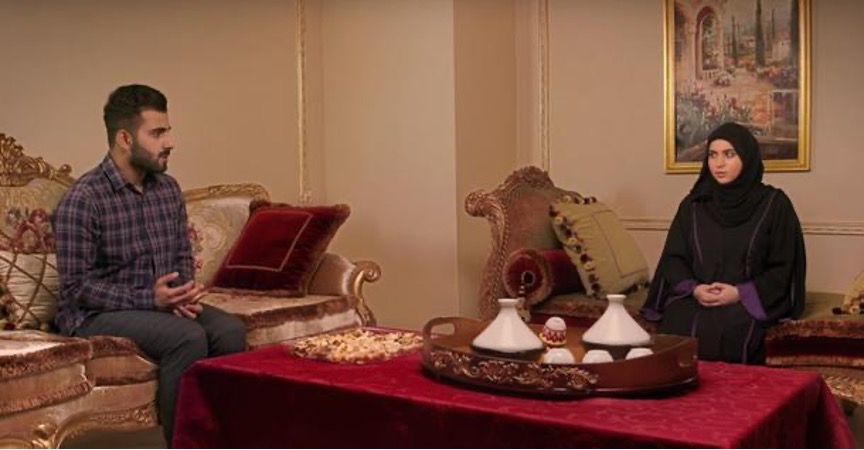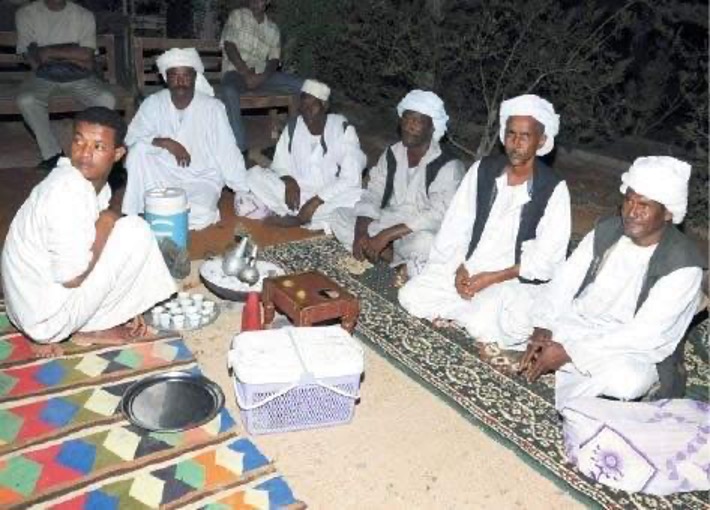
Egyptian Marriage Practices (Part 1)
Khalid Mikawy
Egypt is not a tribal state; rather, it is a multi-layered mosaic of cultures, customs, and traditions due to its long history and openness to outside influences. This has led to intense acculturation, where both the majority and minority groups have influenced each other’s customs and practices.
In a non-tribal community like Egypt, marriage customs and practices are determined by various factors such as social class, financial capability, geographical region (urban or rural areas, specific neighborhoods, or ethnic groups like Nubians or Bedouins), level of education or cultural background, religious beliefs, and the authority of the family. While there is a common trend or tradition that Egyptians generally follow, there are still variations due to these factors.
In this article, I will explore the sequence of marriage practices among different cases within the Egyptian mosaic. I will also discuss the historical sequence of customs and traditions that have evolved throughout Egypt’s deep history.
Customs and Practices:
In general, the process of marriage in Egypt follows the following steps:
Choosing the bride:

A couple of a man and a woman meet up at work, through a club group, in a church, in a mosque, in university, in outing with common friends, or even in a wedding ceremony of a friend or relative. They introduce themselves to each other and get closer with time.
Traditionally, the planned marriage is a common type. Basically, it is preferable to get married to your cousin. (1)
In Bedouin tribes in the Western Desert, the boy has the right to get married to his cousin. If he doesn’t want to marry her, or another man wants to marry her, the new groom should ask the permission of the cousin before getting married to any girl.(2)
In some cases, the couple are introduced to each other and are recognized as a couple since their childhood through planned marriage, in which the parents of the two children agree to get them married. In other cases, the planned marriage is due to tribal or a business benefit basis. (3)
Sometimes, the man asks a suitor “Khatba”, normally a female, to go to the bride’s mother and ask if he can marry her.(4)
Or he can use his mother or a female relative as a suitor to choose a bride for him. This kind of marriage is called fixed marriage “Gawaz Salonat”.
Father`s approval:
The groom then tells his father to get his approval and blessings, or his uncle if his father is dead. In most cases he will ask his mother to tell his father/uncle on his behalf. This is due to shyness, embarrassment, confusion and respect for the traditions that ban this, like in Nuba and some Bedouin communities like Siwa.(5)
Once the father accepts, they arrange to visit the bride’s family. In Kalabsha, Aswan- Nuba, the groom’s mother goes first to visit the bride’s mother and tests the water. In Zagazig, the groom’s mother also visits the bride’s family to check her son`s choice.(6)
The groom’s father in Nuba, meets up with some elderly men who have a good friendship with the bride’s family (Oqalaa`) and tell them about his son`s wish, they then go to the bride’s family and if they agree, the time of engagement is defined.(7)
A similar situation is common among Bishari tribe, Southern-East Egypt, when a bride’s father has an offer of marriage, he firstly gathers with his elder brothers of the tribe chiefs (Shikhs) to get their approval.(8)

Proposal:
Following the initial steps, the groom proceeds to make a formal proposal to the bride’s family. He may go alone or accompanied by his father, uncle, or mother. During the proposal, they discuss and agree upon various aspects, including the bride price (Mahr), the gift of gold (Shabka), the list of furniture (Qaima) for their future home, the preparations required, the date of the wedding ceremony, and the associated costs.
References:
1- Folklore Magazine, issue 85, Jan.- Feb.- March 2010, issued by Egyptian Society for Folklore Traditions, The General Egyptian Book Organization, “Egyptian Folk Wedding Celebrations”, p. 62-64.
2- Op. cit., p.62- 69
3- Ancient Egyptian Wedding Customs, available on: https://www.historyforkids.net/ancient-egyptian-wedding-customs.html#:~:text=In%20ancient%20Egypt%2C%20there%20wasn,families%20would%20also%20exchange%20gifts.
4- Ibid.
5- Folklore Magazine, issue 85, Jan.- Feb.- March 2010, issued by Egyptian Society for Folklore Traditions, The General Egyptian Book Organization, “Egyptian Folk Wedding Celebrations”, p. 62-64.
6- Ibid.
7- Folklore Magazine, issue 100, Jan.- Dec. 2015, issued by Egyptian Society for Folklore Traditions, The General Egyptian Book Organization, “Nuba`s Wedding Ceremonies”, by Safwat Kamal, p. 53.
8- Folklore Magazine, Issues 30-31: Jan.- June 1990, The General Egyptian Book Organization publications, “Bishari: the desert`s dwellers”, by Nadia Badawy, p.93-94
